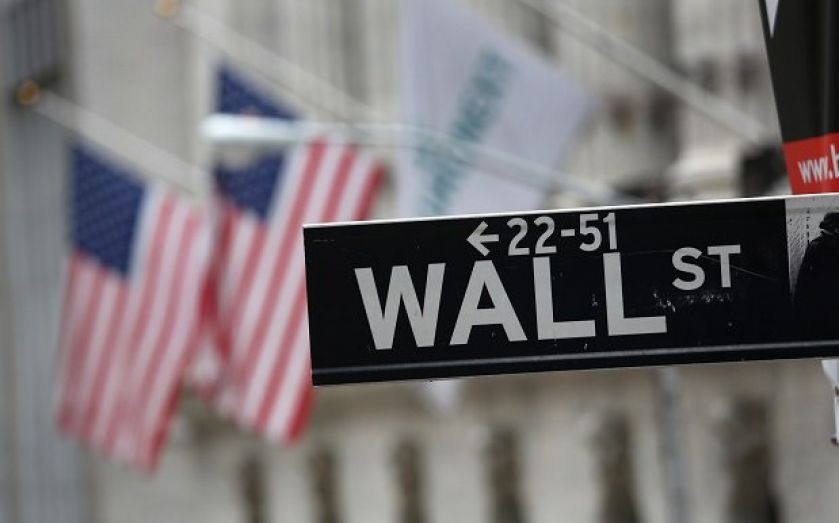What will the US do about tax inversion?

Burger King drew the ire of many Americans this past week by announcing a plan to move their corporate headquarters to Canada from the United States after purchasing the Canadian doughnut chain Tim Hortons. In doing so, Burger King stands to save at least $8.1m a year in taxes.
The company remains adamant that Uncle Sam is not their motivation for moving, but it’s hard to believe that tax incentives do not play a factor. The top federal corporate tax rate in the United States is just shy of 40 per cent, whereas in Canada the rate is slightly over 26 per cent. In addition, the US taxes domestic companies on profits they’ve earned abroad, something that Canada and most other nations do not.
It isn’t as though Burger King is starting a new trend. Tax inversion is becoming a real problem in the US, where it is estimated that the country will lose over $20bn in revenues over the next decade to the practice. Considering that the US corporate tax rate is the highest in the industrialised world at nearly double that of countries like Great Britain and Switzerland, it is understandable why American companies are looking abroad.
Excessive regulation is also burdensome and costly to businesses in the US. Over 90,000 new regulations have been enacted since 1994. Last year alone, over 3,600 new rules went on the books, with an additional 2,600 being proposed. Companies are forced to hire staff entirely dedicated to regulatory compliance. Larger companies swallow this cost, while smaller companies struggle under the weight of a regulatory system unrivaled in the industrial world. In a recent poll, 72 per cent of small business owners in the US said they felt regulations were hurting their businesses.
About 50 US companies have done tax inversions over the last three decades. President Obama has called on Congress to pass regulation that would make tax inversions much harder under the law. This amounts to nothing short of economic dirigisme, chaining companies to the US so the bloated federal government can drain as much revenue out of them as possible. Democrats continue to cry for action as the President uses corporate accountants as a scapegoat for failed policies.
“You have accountants going to some big corporations — multinational corporations but that are clearly US-based and have the bulk of their operations in the United States — and these accountants are saying, you know what, we found a great loophole — if you just flip your citizenship to another country, even though it’s just a paper transaction, we think we can get you out of paying a whole bunch of taxes. Well, it’s not fair. It’s not right,” the President remarked.
What isn’t fair is a tax rate that is nearly double that of most European countries. Rather than seeing the writing on the wall: excessive regulation and an uncompetitive corporate tax rate will drive businesses to keep funds offshore or move operations to another country, Obama prefers to play politics on the matter. His calls for “economic patriotism” are really calls for companies to sacrifice their best interests in the name of big government. And if they won’t sacrifice them willingly, the Democrats are prepared to force them to do so.
Threatening to strip freedoms from business owners while calling on them to be patriots is rather Orwellian. If the US wishes to be competitive in the world market, it should stop taxing foreign profits and slash the corporate tax rate in half. The move might not only cause more US companies to stay put, but could also attract foreign companies to move to America.